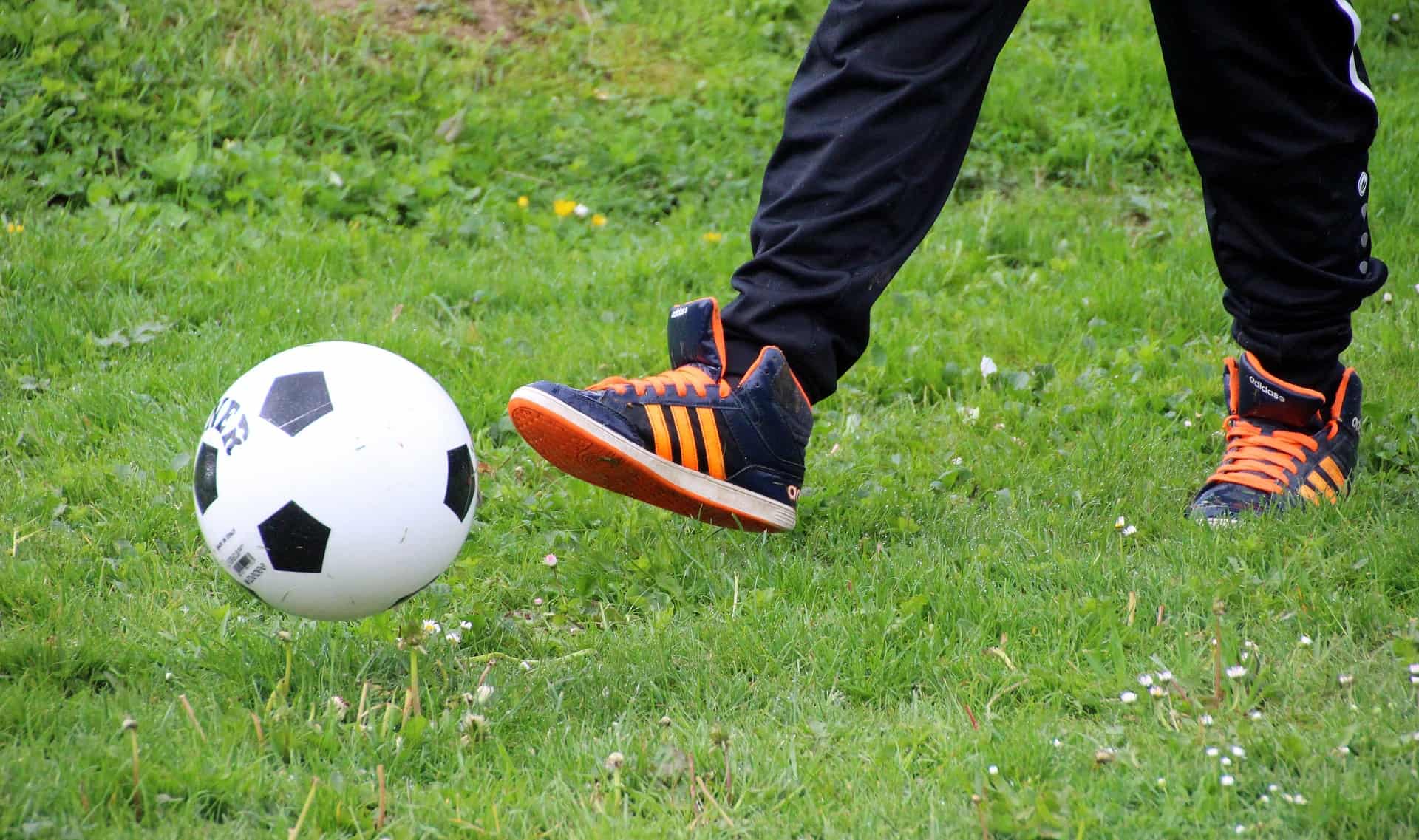
Can Your Ex Stop Your Kids from Playing Sports?
By Moskowitz Law Group, LLC |Sports and other extracurricular activities can be a source of connection between you and your children. From baseball to acting, sharing the same passions as your child can help maintain some stability and bring you closer after a divorce.
In some parenting situations, however, one parent may want the children to stop participating in certain sports or other extracurricular activities. Now, with some parents wanting to take extra measures to prevent infection of COVID-19, there may be more disagreements regarding a child’s involvement outside of school. This can cause friction between ex-spouses and put the children in the middle of the conflict.
Since every parenting plan is different, there is no straightforward answer as to whether your ex can prevent your children from participating in sports or other activities. You may need to thoroughly discuss the situation with your ex-spouse before examining your legal options.
To develop a proposal or mediate a solution, contact the Moskowitz Law Group to talk to an experienced NJ parenting plan attorney. Doing so could help formulate an activity schedule that considers the children’s best interests and lets them pursue their passions.
Why May a Parent Stop the Children from Playing Sports?
Right now, fear of COVID-19 infection is a primary concern for anyone who lets their children play sports or participate in other activities. With some schools shifting to an online-only format and continued worries surrounding additional waves of the pandemic, some parents may believe that their child’s participation in extracurriculars will increase their chances of infection.
Generally, a common rationale for not allowing sports participation is the risk of injury. Whether the child plays a high-contact sport like football or physical activity like dance, there may be worry that the child will get hurt.
Another reason to end involvement in activities is to keep the child focused on school. Although extracurriculars provide excellent supplements to education, they may take time away from commitments like homework and sleep schedules, causing a child’s grades to suffer.
Finally, a parent’s laziness may be another component of prohibiting sports or other activities. The parent may not want to spend their custody time attending practices or driving children between activities. For these parents, they may put their own needs and wishes over those of the child.
How Can I Convince My Ex to Let the Kids Play Sports?
Some court orders may explicitly protect the children’s activities. This means that each parent must ensure the child has the opportunity to participate in these interests. If this clause is violated, parents may invoke a motion for contempt with the court.
If you want to draft a custody plan or modify an existing one, communication is the most effective and easiest option. Begin the conversation by expressing the children’s wishes and how you think letting them participate in those activities may be beneficial. Prepare a list of pros and cons and try to see your ex’s side. Be sure to talk it out and be receptive to your ex’s concerns for your child’s health if they are worried about COVID-19 infection.
If possible, write a provision in your parenting agreement to address the children’s’ sports and extracurricular activities. Consider how a child’s passion for certain activities can improve their self-esteem and provide stability during a custody plan. With the proper stipulations in place, you can make sure neither parent interferes with the child’s activity schedule, within reason.
In some situations, the parent with sole custody may have the final decision in the child’s activities. Similarly, the existing parent agreement may not allow for or contain those specific stipulations to address the child’s sports and activities. These scenarios may make the situation more difficult to change.
Since every parenting agreement contract is different, contact Moskowitz Law Group to speak with a hardworking parent’s rights attorney. We can examine your options to protect your child’s interest to remain active outside of school. Furthermore, we can assist in talking with your ex-spouse and detailing the effects of prohibiting activities. Calling us can help you and your child maintain that critical involvement during an uncertain time.






